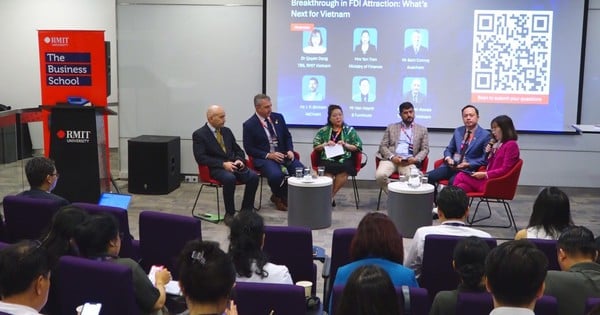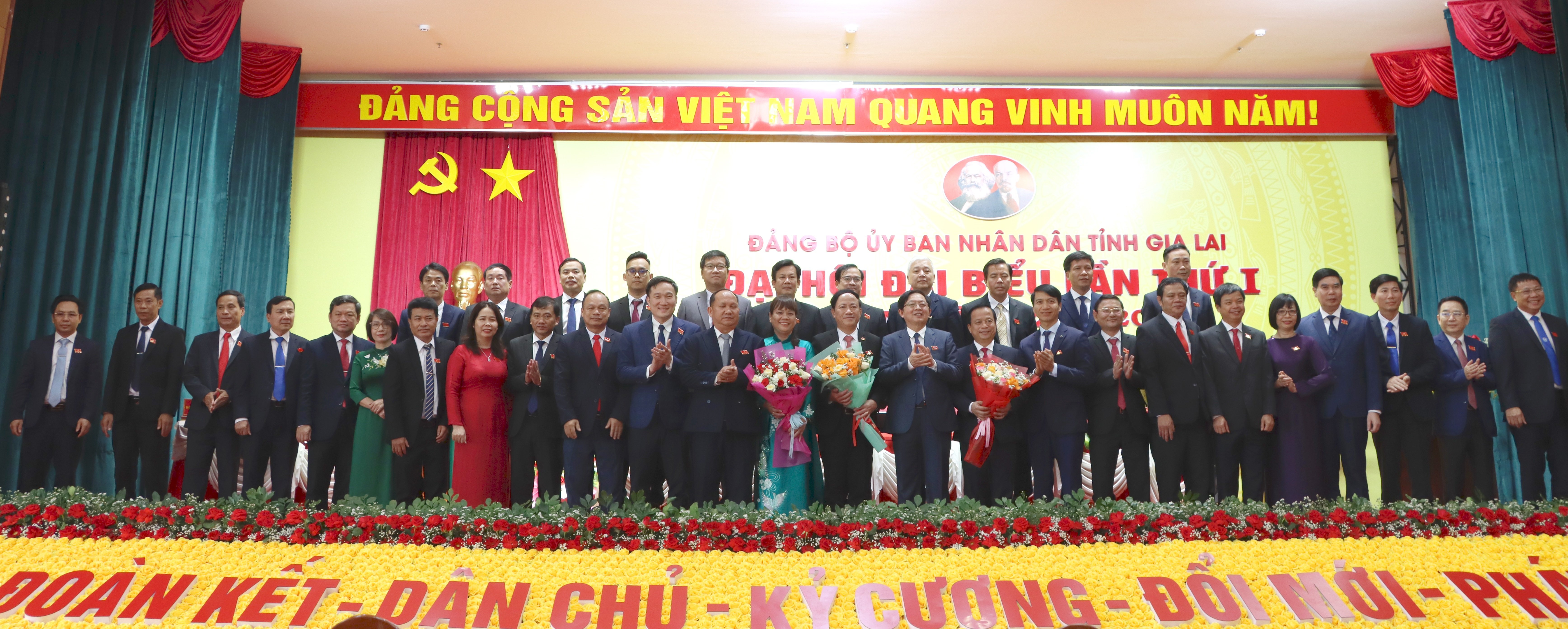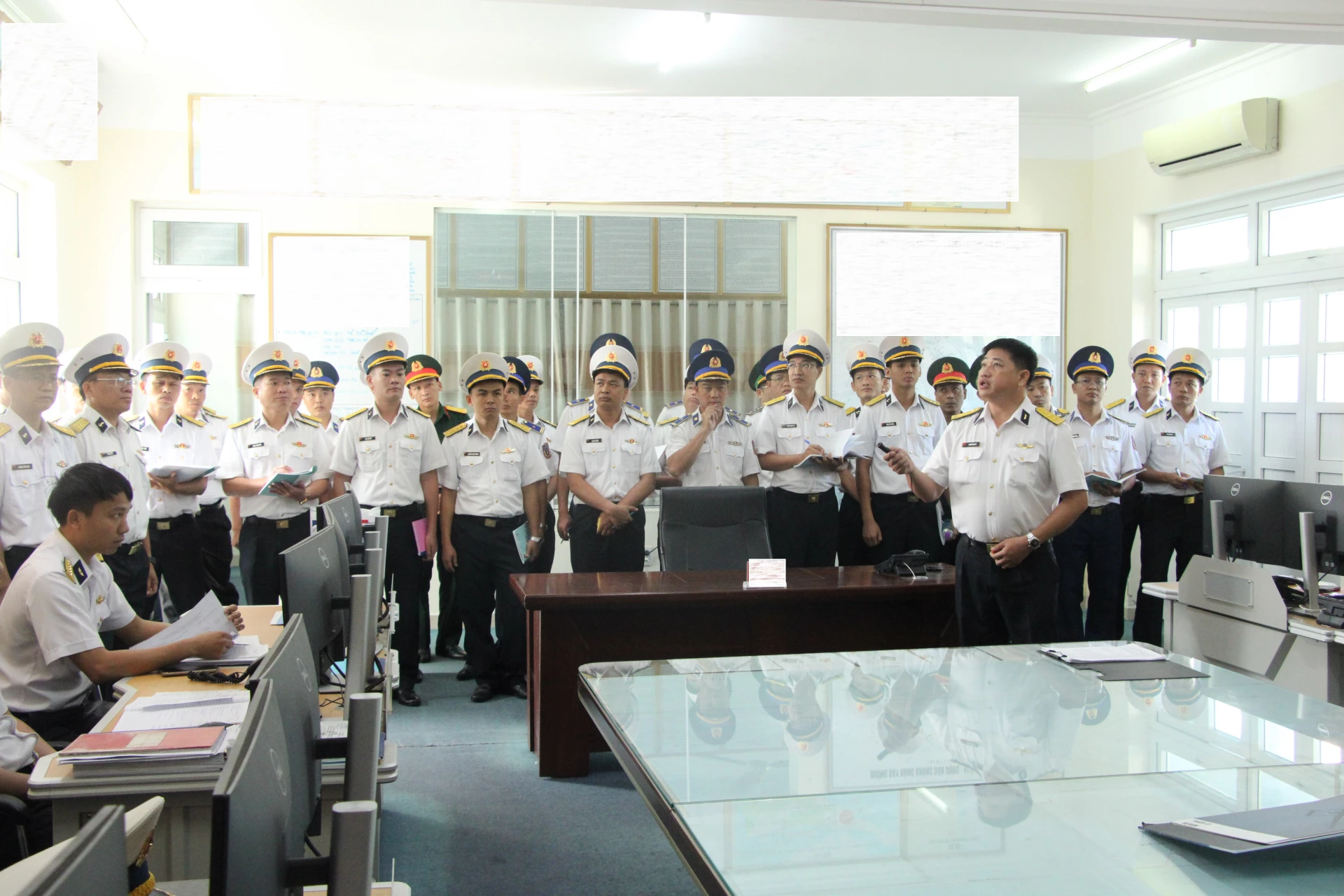
Social networks are said to be facilitating many "junk" music products.
“Watch music” not listen to music
With the rapid development of technology, music is changing with completely new ways of working and approaching audiences. Digital technology has made the music production process easier and more time-saving. Musicians and music producers can use digital software and tools to create music on computers and mobile devices very conveniently.
Or in the performance field, with the support of technology, singers appearing before the public are not only attractive in terms of sound but also in terms of appearance, with effects from sound and light.
The development of digital technology also brings about changes in the way the public receives and enjoys music. Instead of going to a performance, now with just a smart device, anywhere, the audience can enjoy a variety of music products as they wish, freely criticize, express their views and opinions... about the program and artists.
However, besides its usefulness, technology is also confusing the people involved and the audience because of its consequences. Having participated in music training and research for many years, Associate Professor Dr. Nguyen Thi My Liem, Saigon University, said that for music products, if we only discuss the quality, we can easily see that the artistic and cultural content, including the traditional cultural values, etc., can all be pushed down because technology has the ability to replace them. Many people now "watch music" instead of listening to music.
Ms. Liem expressed that sometimes technology participates in “faking” art, can transform an ordinary voice into an unusual, even “extraordinary” one. Currently, there are many software that can “transform” a voice into a thicker, more colorful one, artists can rest assured in the studio because technology can help correct mistakes in pitch and rhythm. Not to mention, people can separate the “beat” of someone else’s music (background music, accompaniment) to put in their own singing and turn it into… their own product.
“Thus, the artistic talent, artistic emotion, and virtuosity required of the artist become less necessary, and the work of art loses its “soul” because the artist does not have to think or express anything but relies on technology,” Ms. Liem shared.
Finding true value in music
In recent years, Rap has become a popular musical phenomenon and has dominated all other genres of entertainment music. Along with this explosion, the state of information disturbance, confusion between truth and falsehood such as plagiarism, fake music, and parody music on the Internet is also at an alarming level. There are even sudden successes that create misconceptions from the audience about the true value of music.
More alarming are the many easygoing, even vulgar, offensive music products that have just appeared and have immediately received negative reactions from audiences, the media, and cultural researchers. Most recently, “Fever” by Tlinh and Coldzy, which has language related to “18+” issues, has made the public angry. In this song, the two Gen Z artists used offensive, naked, vulgar words, making listeners feel ashamed... Released on June 4, after more than 3 weeks, “Fever” has had nearly 1 million listens and thousands of comments on YouTube. In addition, this song has spread on online music sites with very high interaction; even on the TikTok platform, “Fever” has been used as background music for more than 4,000 videos.
According to musician Hoai An, a music product that wants to reach the public must have unity in all three stages: composer, singer and producer. If just one of these three stages has a problem, the product cannot be born. For example, if a composer sees that his song has been changed, he has the right to disagree; if a singer reads the lyrics and finds them too vulgar, he has the right not to sing; the producer will not invest money if he sees that the product does not contribute anything positive to life... However, some songs today are negative from the image to the lyrics, naked, offensive, vulgar, making listeners easily affected negatively, especially young people who do not have much life experience.
It can be said that with the support of technology and social media platforms, anti-art products and “cultural trash” have hit the curiosity of a segment of today’s youth. As a result, many artists, although they know their creations are worthless, still choose this path to attract attention and seek profit.
Therefore, musician Hoai An believes that, along with accepting the quintessence of technology, it is necessary to adjust the regulations on sanctions, possibly limiting the viewing age, issuing warnings or removing, issuing notices of violations... In addition, it is necessary to increase the level of penalties for music products that use obscene language or offensive, vulgar images, products that promote social evils...
Many opinions also say that it is not easy to prevent this kind of music, if there is no cooperation from the authorities and the music producers themselves. In addition, listeners should also be selective, so that trashy music with offensive language and images no longer has a place to perform.
Source






![[Photo] Prime Minister Pham Minh Chinh chairs the conference to review the 2024-2025 school year and deploy tasks for the 2025-2026 school year.](https://vstatic.vietnam.vn/vietnam/resource/IMAGE/2025/8/22/2ca5ed79ce6a46a1ac7706a42cefafae)

![[Photo] President Luong Cuong receives delegation of the Youth Committee of the Liberal Democratic Party of Japan](https://vstatic.vietnam.vn/vietnam/resource/IMAGE/2025/8/22/2632d7f5cf4f4a8e90ce5f5e1989194a)






















































































Comment (0)